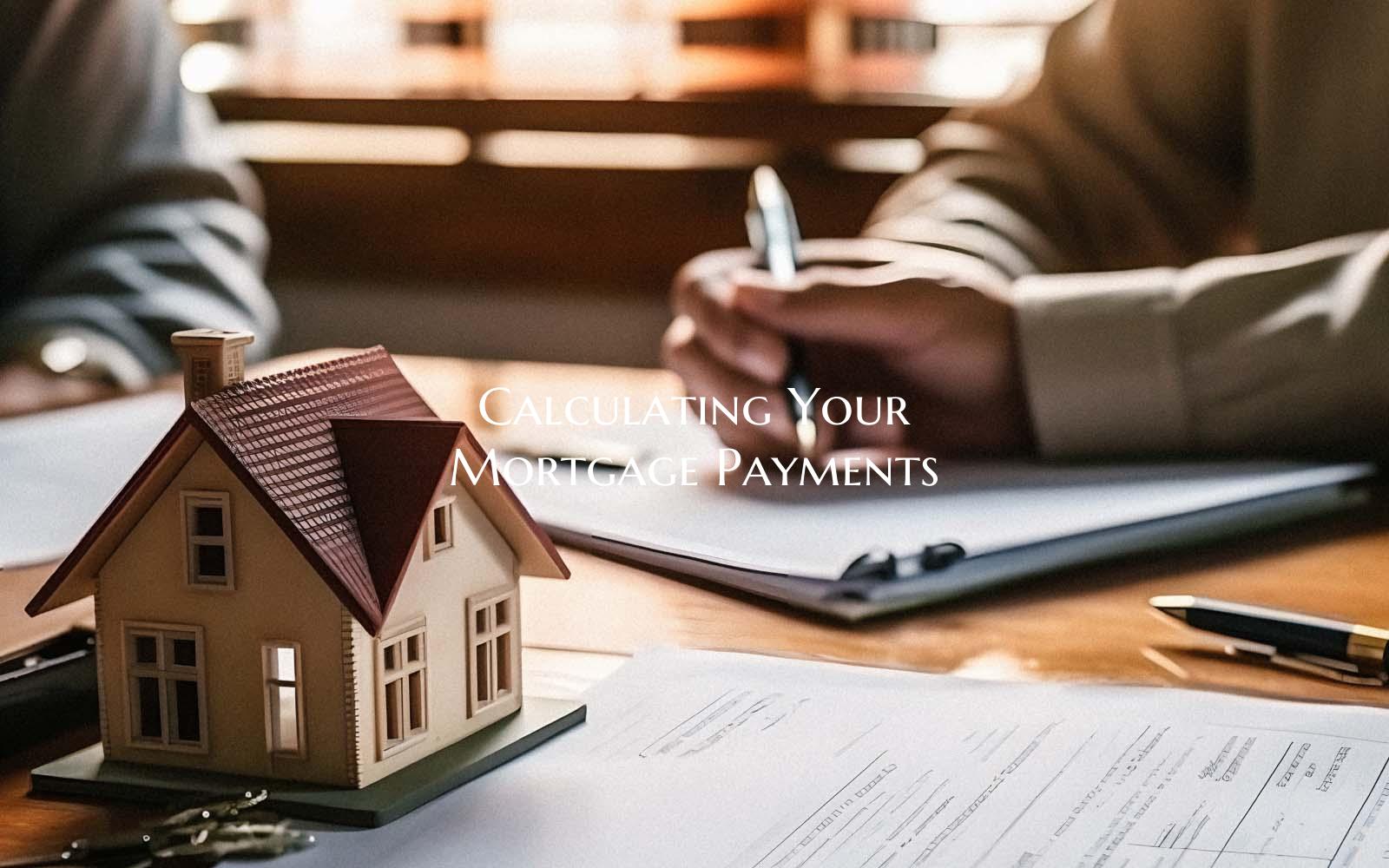Calculating Your Mortgage Payments

Are you considering buying a home or planning to take out a mortgage? Understanding how to calculate your mortgage payments is essential to manage your finances effectively. Your mortgage payment includes not only the repayment of the loan amount but also the interest charged by the lender.
To calculate your mortgage payment, you will need to consider several key factors:
1. Loan Amount: This is the total amount of money you borrowed to purchase the property.
2. Interest Rate: The interest rate is the annual cost of the loan expressed as a percentage. It plays a significant role in determining your monthly payments.
3. Loan Term: The loan term is the length of time over which you will repay the loan. Common terms are 15, 20, or 30 years.
4. Property Taxes and Insurance: Some mortgage payments also include property taxes and homeowner's insurance, which are typically paid as part of your monthly payment and held in an escrow account by the lender.
To calculate your monthly mortgage payment, you can use an online mortgage calculator or follow this basic formula:
\[ \text{Monthly Payment} = \dfrac{P \cdot r(1+r)^n}{(1+r)^n-1} \]
Where: - P is the principal loan amount - r is the monthly interest rate (annual interest rate divided by 12) - n is the number of payments (loan term in months)
Remember to consider all these factors and calculate your mortgage payments accurately to budget effectively and ensure you can comfortably afford your monthly expenses. It's always advisable to consult with a financial advisor or mortgage specialist to better understand the terms of your loan and make informed decisions regarding your mortgage payments.
